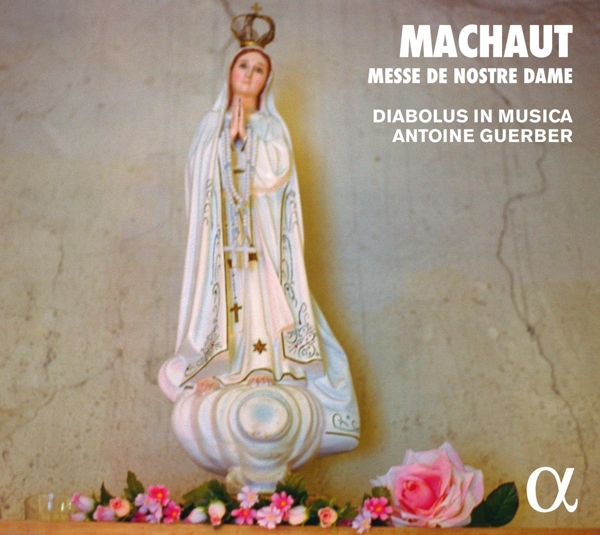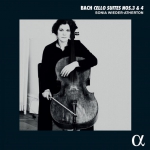Weitere Produkte von Antoine Guerber / Diabolus In Musica |
Mein Konto
|
Anmelden
|
Deutsch |
€ Euro |
erweiterte Suche
|
Alle Kategorien
BEST SELLER
500
NEUHEITEN
7.231
ANGEBOTE
224.798
Bisherige Auswahl:
keine Auswahl
Ergebnis einschränken:
TECHNIK
264.530
MUSIK
717.609
- 60er Jahre
259
- Asia Pop
9.522
- Austro Pop
209
- Brit Pop
238
- Dutch Pop
1
- Euro Pop
38
- French Pop
563
- Indie Pop/Lo Fi
24
- Italo Pop
280
- Latin Pop
6.876
- MiddleoftheRoad
2.503
- Oldies
61
- Party
33
- Sonst.Pop
234.792
- Synthi Pop
316
|
Musik Filme Hörbücher Merchandise Kinder |





















